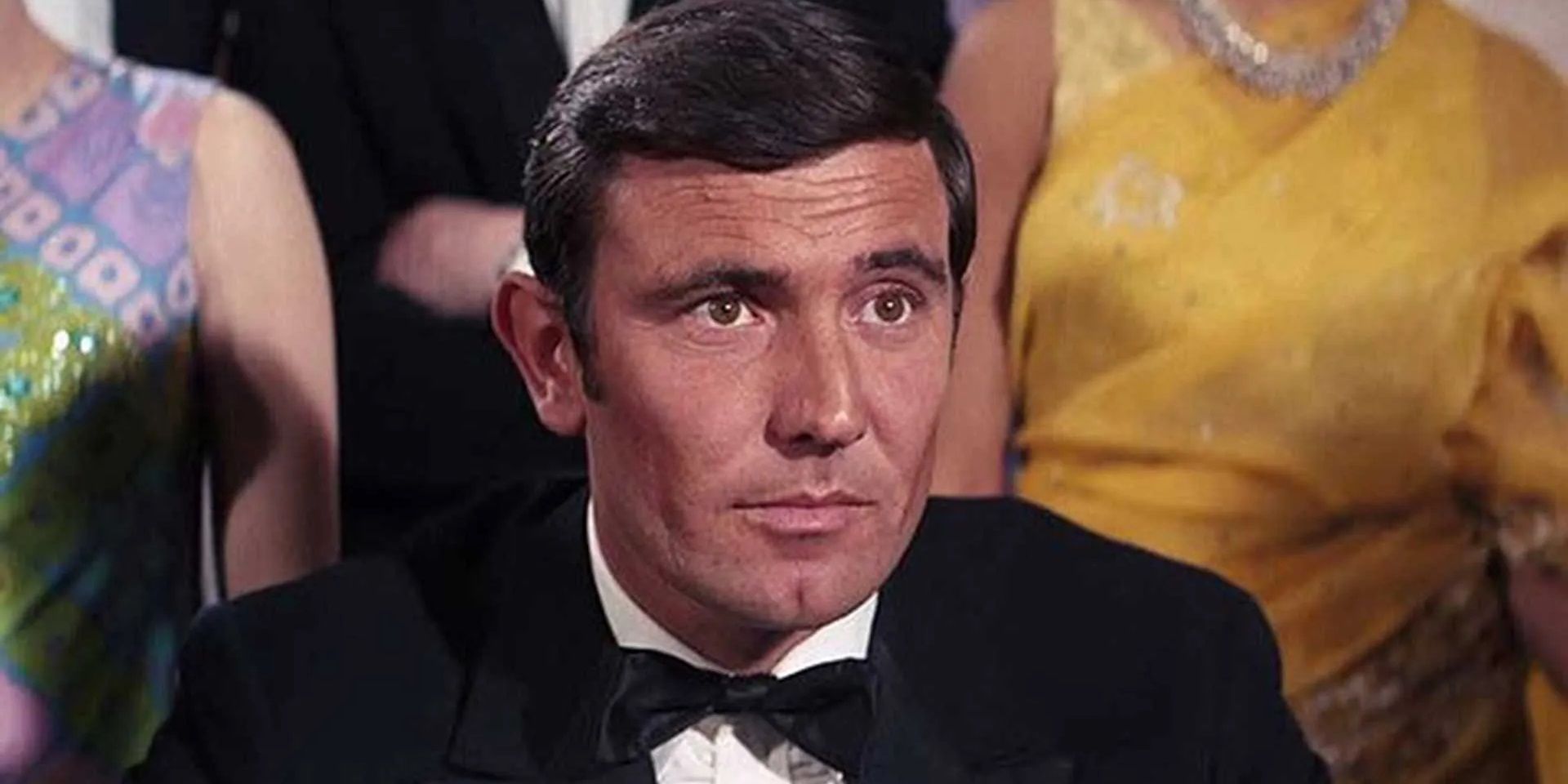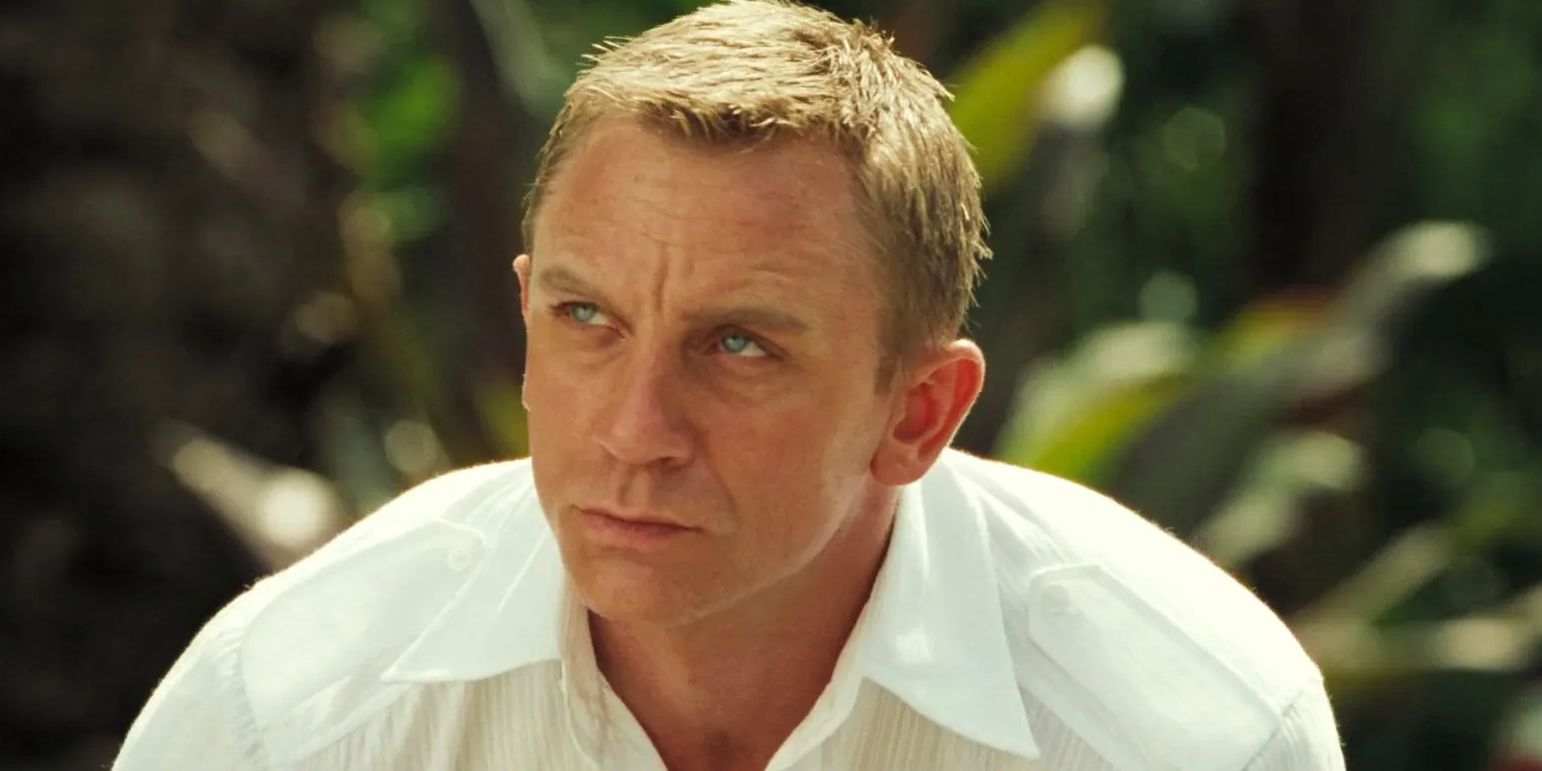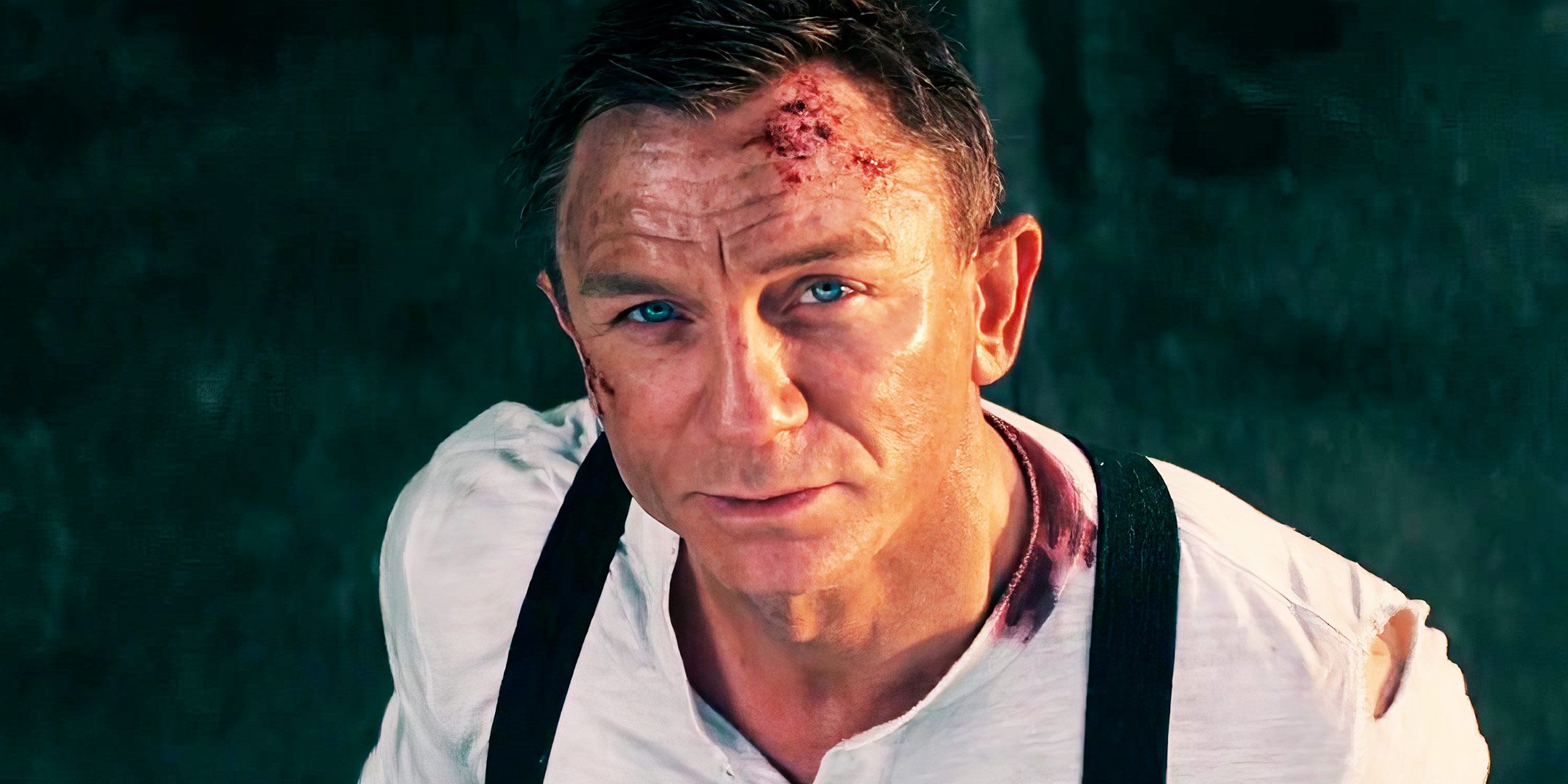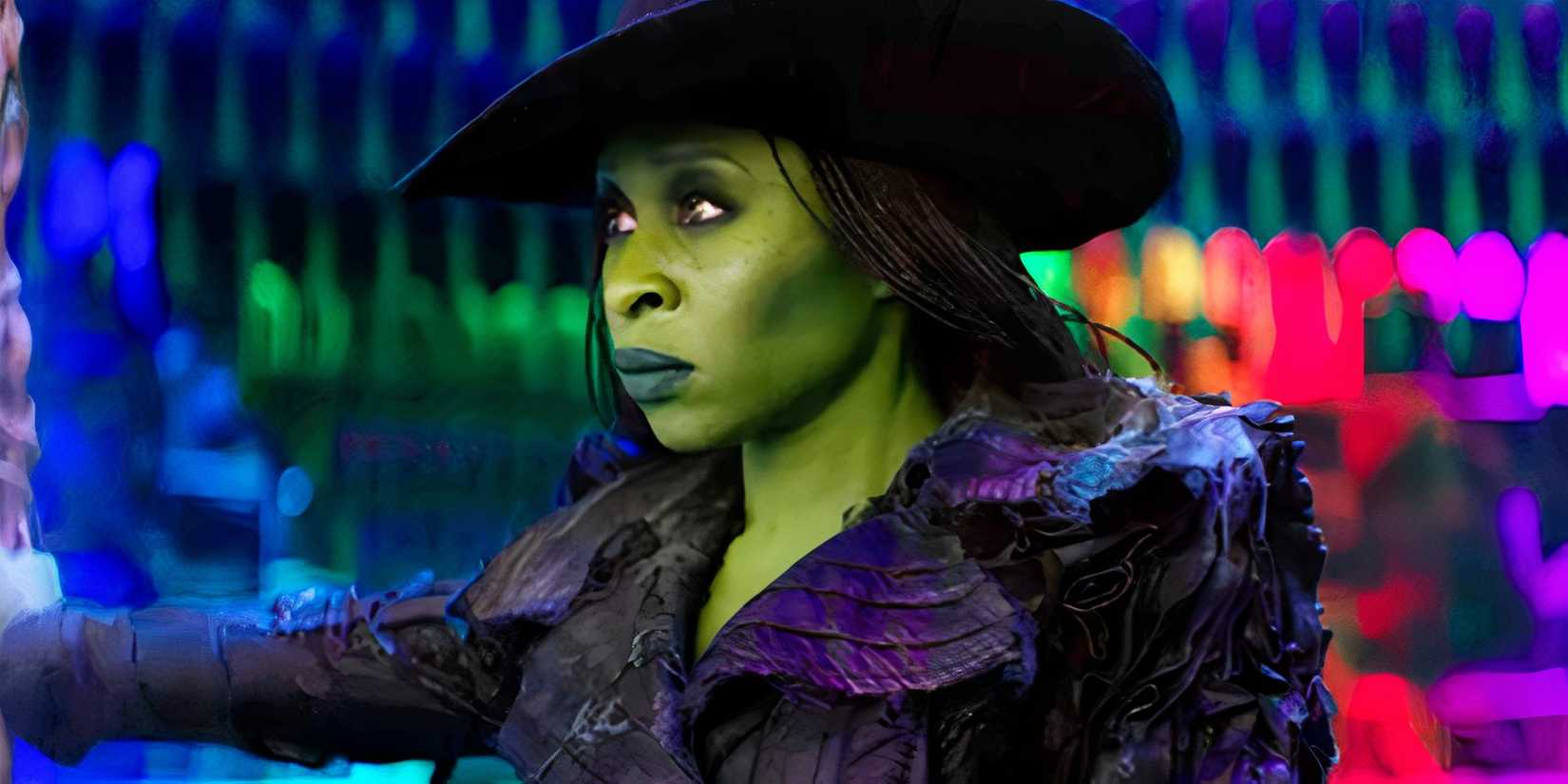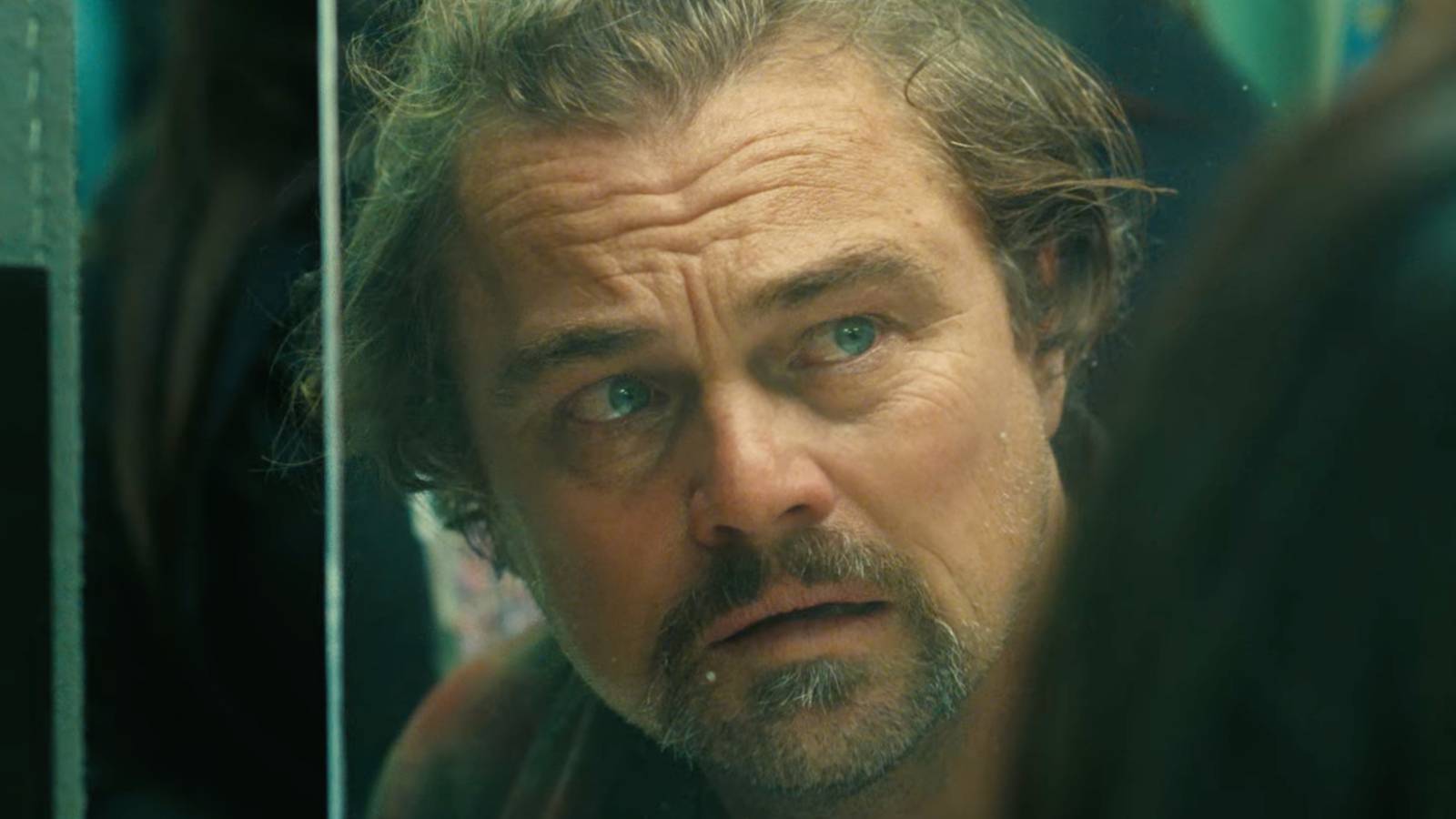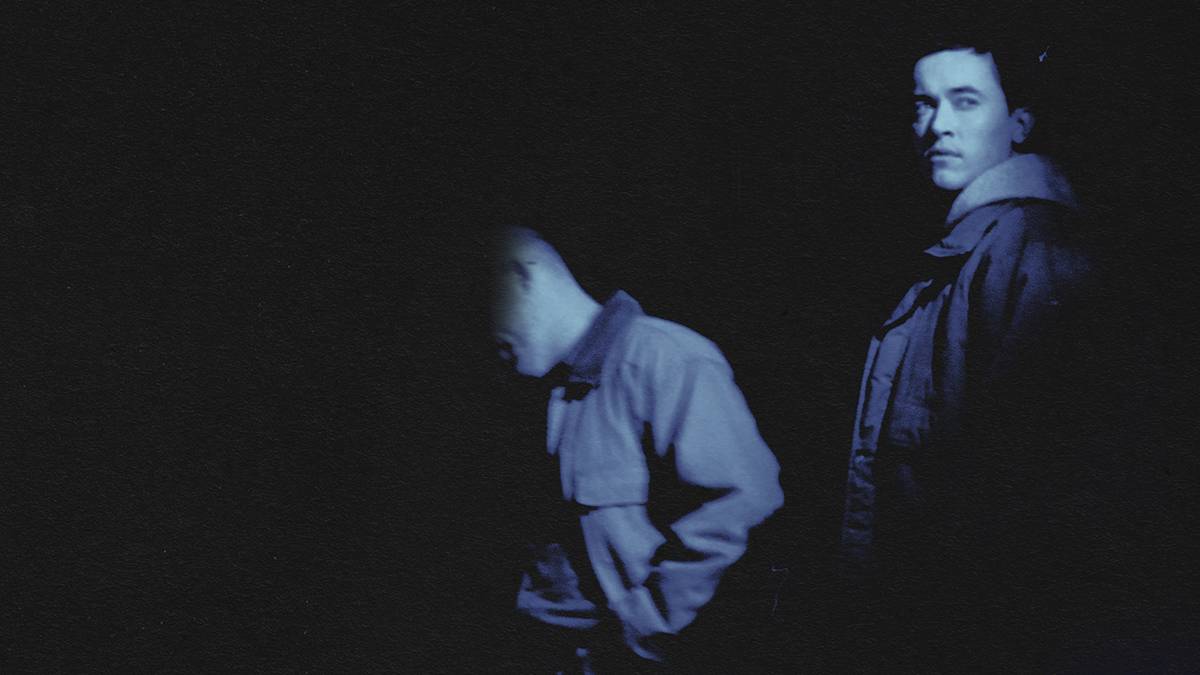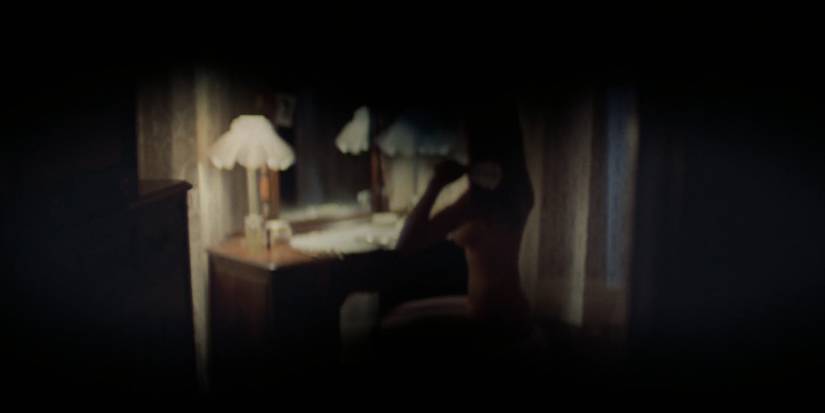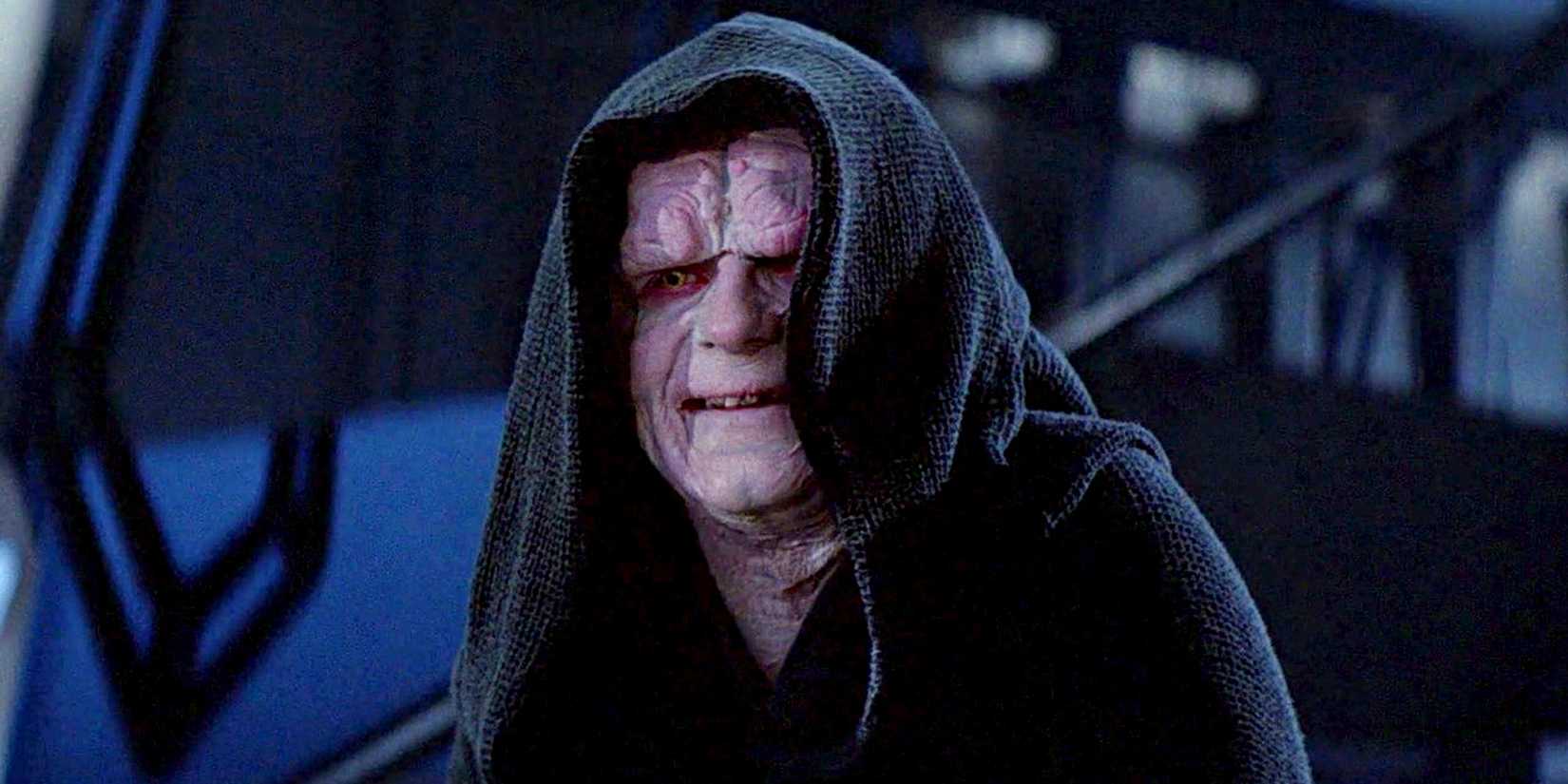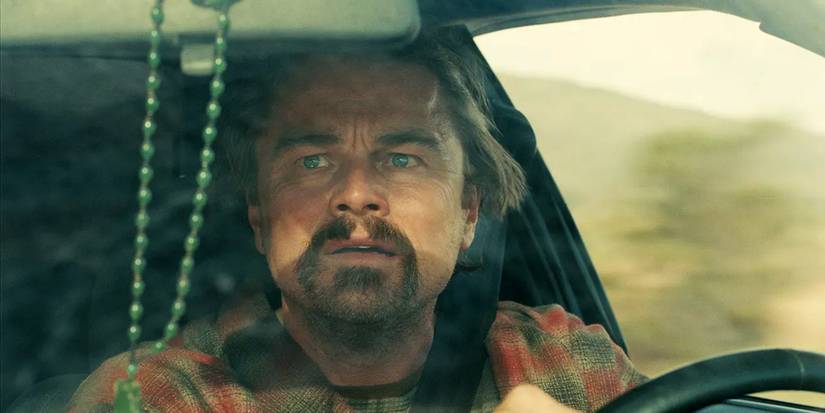The James Bond franchise is one of the longest-running in history, so it’s had its fair share of controversies over the years. Starting with 1962’s Dr. No, the Bond franchise has been at the forefront of the action genre, revolutionizing spy thrillers across multiple eras. It’s achieved all this despite upsetting some of its fans at times.
The future of the James Bond franchise looks increasingly uncertain, as Amazon has taken over creative control from EON. Although Denis Villeneuve’s filmography shows that he has what it takes to be a great Bond director, there are still plenty of unanswered questions about 007’s new era.
After leaving such a long gap between the last Bond movie and the next one, it seems possible that the franchise’s next move will be a controversial one, no matter what happens. It’s already contentious enough that Amazon has taken over, meaning that Bond 26 will face even more skepticism than usual.
The good news is that the Bond franchise has been able to ride the wave of controversy and come out stronger on the other side. History has generally proven the Bond franchise right, at least with regard to its big decisions, which have split the opinions of the fan base.
George Lazenby Was Rejected At The Time, But His Bond Is Appreciated Now
The Bond franchise’s first big test was finding a replacement for Sean Connery, who was the perfect initial choice to bring Ian Fleming’s iconic spy to the big screen. Connery’s departure after You Only Live Twice left some big shoes to fill, and the producers considered hundreds of potential replacements.
Compared to some of the other contenders, George Lazenby was an unknown actor. The main problem was the simple fact that Lazenby is Australian, which seemed a sacrilegious choice for such an iconic British character. The controversy over his casting may have tainted some reviews, and Lazenby was rejected by some parts of the fan base.
Although Lazenby wasn’t the most popular choice at the time, he’s now seen in a much more favorable light. Compared to Connery, Lazenby’s Bond is less polished and a little more relatable. He shows some real vulnerability, especially in his relationship with Tracy, which seems unlikely for Connery’s suave super spy.
On Her Majesty’s Secret Service is often listed as one of the best James Bond movies, and Lazenby’s performance has a lot to do with this. Perhaps he would have been more respected if he had had a few more Bond movies to separate himself from Connery even more and to get over the initial comparisons.
“James Blond” Turned Out To Be A Roaring Success
George Lazenby wasn’t the only Bond actor whose casting was the cause of controversy. For completely different reasons, Daniel Craig’s casting was also met with a wave of criticism. It may seem trivial now, but Craig’s blond hair was seen as a sticking point in some quarters.
Craig may not look exactly like his predecessors, or Fleming’s description in the novels, but he’s still one of the best James Bond actors in the franchise’s history. It would have been a real shame to miss out on what he had to offer just because he doesn’t have dark hair.
Casino Royale was the perfect introduction to a new era of James Bond, and it quickly banished any lingering doubts about Craig’s casting. In fact, the character’s new look perfectly suits such a radical refresh of the franchise. Craig’s Bond isn’t quite the same as before, so there’s no real need for him to fit the same exact physical mold.
Although it’s only a minor step, casting Craig as Bond suggests that the franchise may no longer be strictly beholden to Fleming’s original vision of the character. After 25 movies, many of which are based on original stories, it’s only natural that the version of Bond seen on film should split from his literary counterpart in some ways.
The next James Bond actor may be even further from the character’s literary origins. After the casting of an Australian actor in Lazenby and a blond actor in Craig, it’s possible that the franchise will abandon any notion of replicating Fleming’s vision. This opens the door to interesting picks like Dev Patel, Aaron Pierre and Jacob Elordi.
Killing 007 Was The Perfect Way To Close Out The EON Era Of Bond
Just as Daniel Craig’s tenure began with some controversy, it also ended with a divisive moment. James Bond’s death at the end of No Time to Die comes as a huge shock, and many fans were understandably upset to see the demise of one of cinema’s greatest action heroes. In hindsight, this scene is starting to look like a stroke of genius.
It’s hard to imagine any Bond movie before Craig’s era ending in such a way, since the spy has always had an invulnerable aura and the ability to slip out of countless ᴅᴇᴀᴅly situations. There were even theories about how Bond could have survived the end of No Time to Die.
Bond’s dramatic death is the ultimate sacrifice, and the perfect send-off for Craig. The actor’s tenure as Bond was characterized by a grittier style, so it’s poetic that it ends with a refusal to bow to fantasy one last time. This sacrifice reframes what it means to be a secret agent, showing that it isn’t all gadgets, girls and glamour.
The news that No Time to Die is the last Bond movie of the EON era makes 007’s death even more meaningful. No matter what happens in the future of the James Bond franchise, the character now has a fitting finale. The EON movies can now be seen more holistically as one era with a definitive ending.
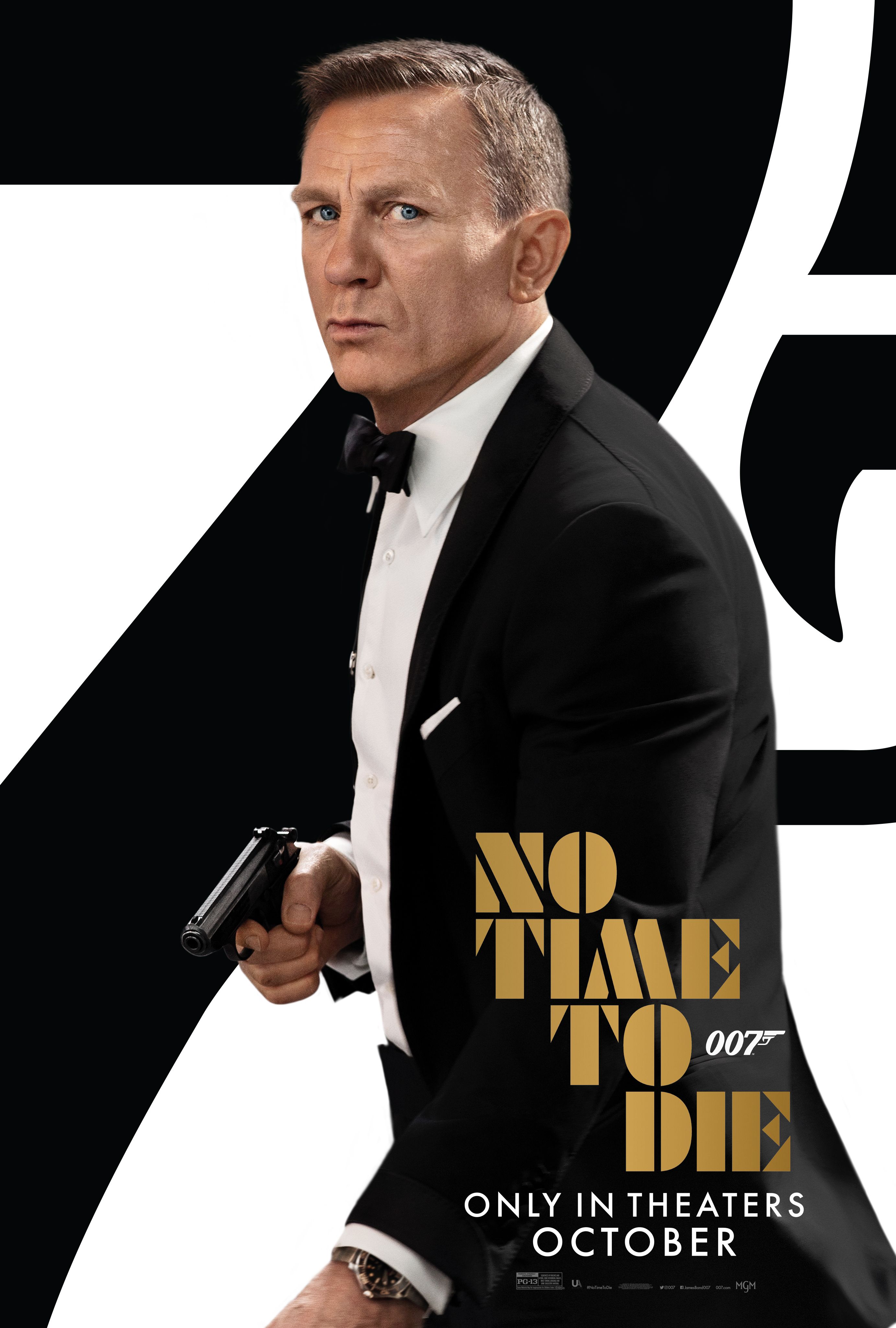
James Bond
- Created by
-
Ian Fleming, Albert R. Broccoli
- First Film
-
Dr. No
- Latest Film
-
No Time to Die
- Upcoming Films
-
James Bond 26
- Genres
-
Action
- First TV Show
-
Fleming: The Man Who Would be Bond
